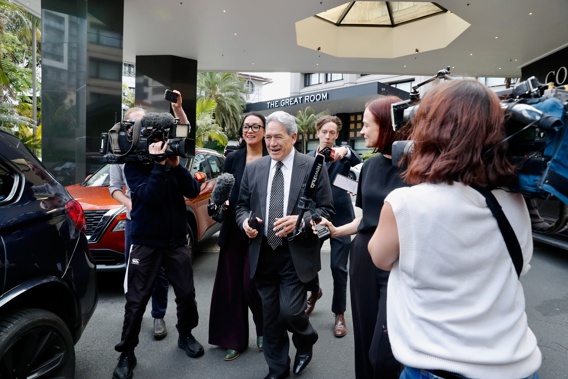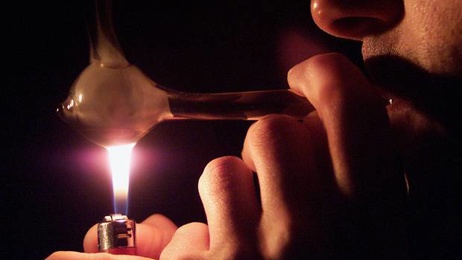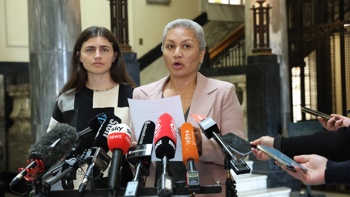
Two fates haunt news publishers concerned for their viability. One is that a reporter fabricates content, and they find they’re in the business of publishing fiction. The other is that powerful interests hijack their content, and they’re found to be disseminating propaganda.
Winston Peters, having resurrected NZ First and claimed shotgun in the three-way coalition, wasted no time accusing news media of succumbing to the second vice.
Labour’s Public Interest Journalism Fund (PIJF) expired a few months before its Government did, so the PIJF should be doubly dead. However, the media’s infusion of state cash benefited few people as much as the adversarial Deputy Prime Minister; he will not let it go.
“You can’t defend $55 million of bribery,” Peters barked at reporters after being sworn in. He carried on the next day: “Can you possibly tell the public what you signed up to to get the money?”
Perception is everything. Whatever the true reason for the government’s various investments in media and their real-world effect, graft is in the eye of the beholder.
Cash-strapped media decision-makers seem to have forgotten that a news outlet’s most valuable asset isn’t on the books—it’s their audience’s trust. Ad revenue comes and goes. But trust, once lost, is harder to claw back than the legacy media’s market share.
And eroding trust equals eroding audience numbers.
Peters has strong populist credentials, and he’s well known for criticising and baiting the media. But his talking points here aren’t simply rabble-rousing; AUT’s Research Centre for Journalism, Media and Democracy (JMAD) identified this issue as a cause of distrust in April.
JMAD’s surveys of New Zealanders found that in 2020, the percentage of people who trusted the news was 15 per cent higher than the international average. In the past three years, trust plummeted to the current average: only 42 per cent responded positively in 2023.
The cause of the decline?
“Paradoxically, one of the main reasons for distrust in news media appears to be the Government’s funding of it,” noted report co-author Dr Merja Myllylaht. “A large number of respondents now perceive media as an extension of the Government. Hence, it is seen as untrustworthy.”
That perception wasn’t helped by the framework for those who applied for PIJF funds. “For news media, it is not simply a matter of reporting ‘fairly’,” it explains. “How does the organisation cover the UN Declaration of the Rights of Indigenous Peoples and efforts to enact it such as He Puapua?”
Media organisations surrender fairness at their peril.
Whether or not the Government’s fund actively stifled criticism of the way it was seeking to implement He Puapua and other policies, the framework’s own wording reveals that the fund wasn’t politically agnostic. Media that won a piece of this controversial pie are paying for it now.
Peters — who himself has public trust issues — has never been above throwing mud; their participation provided him with grenades.
Take your Radio, Podcasts and Music with you









